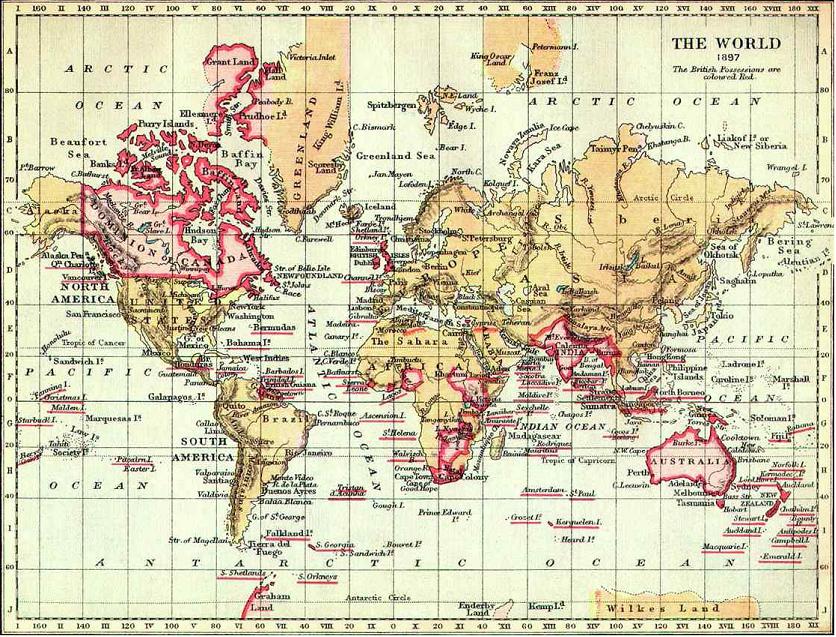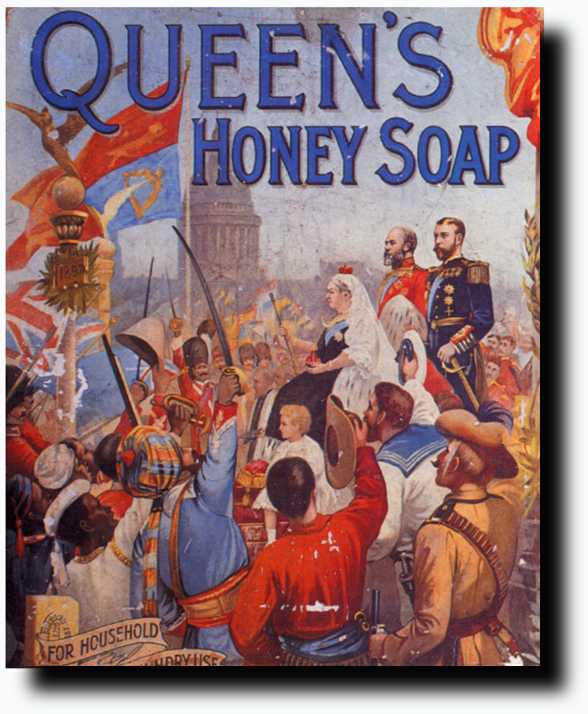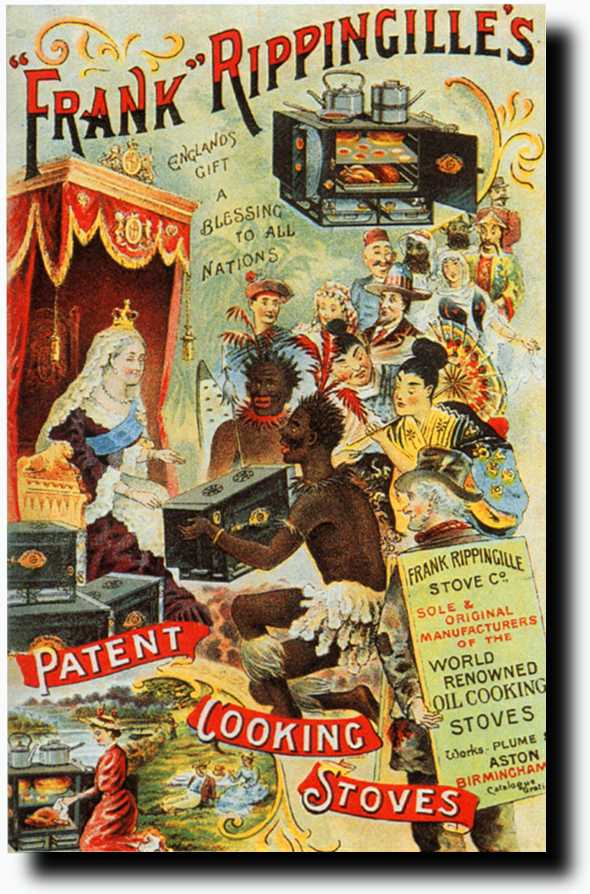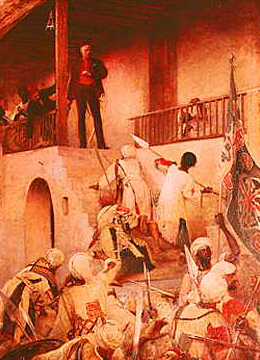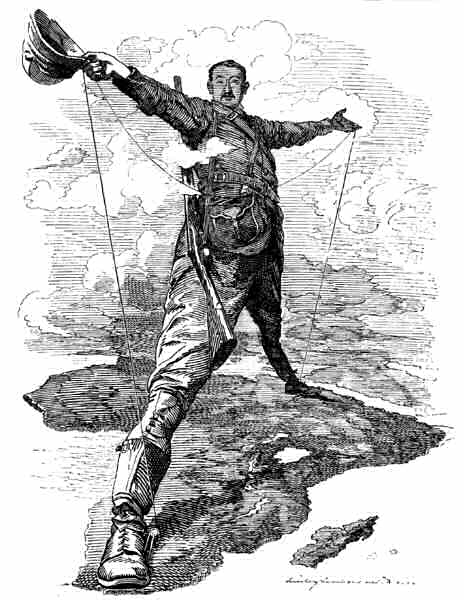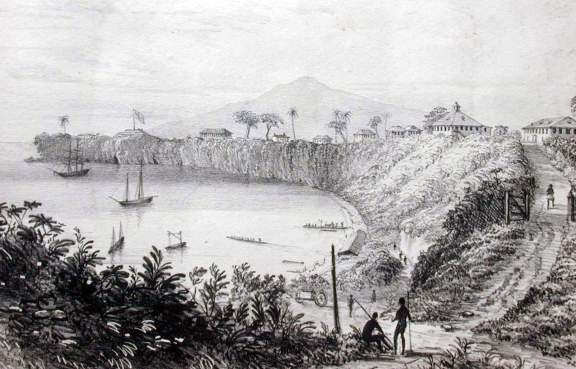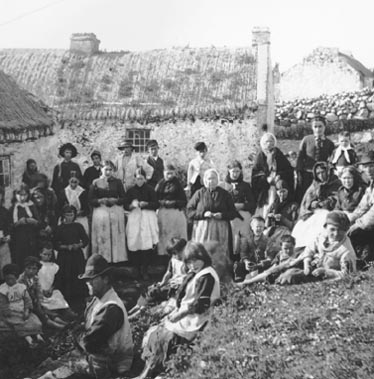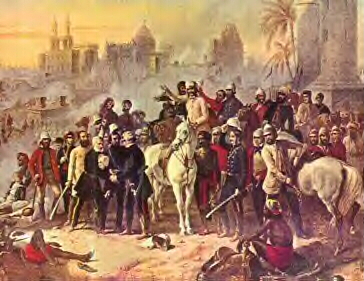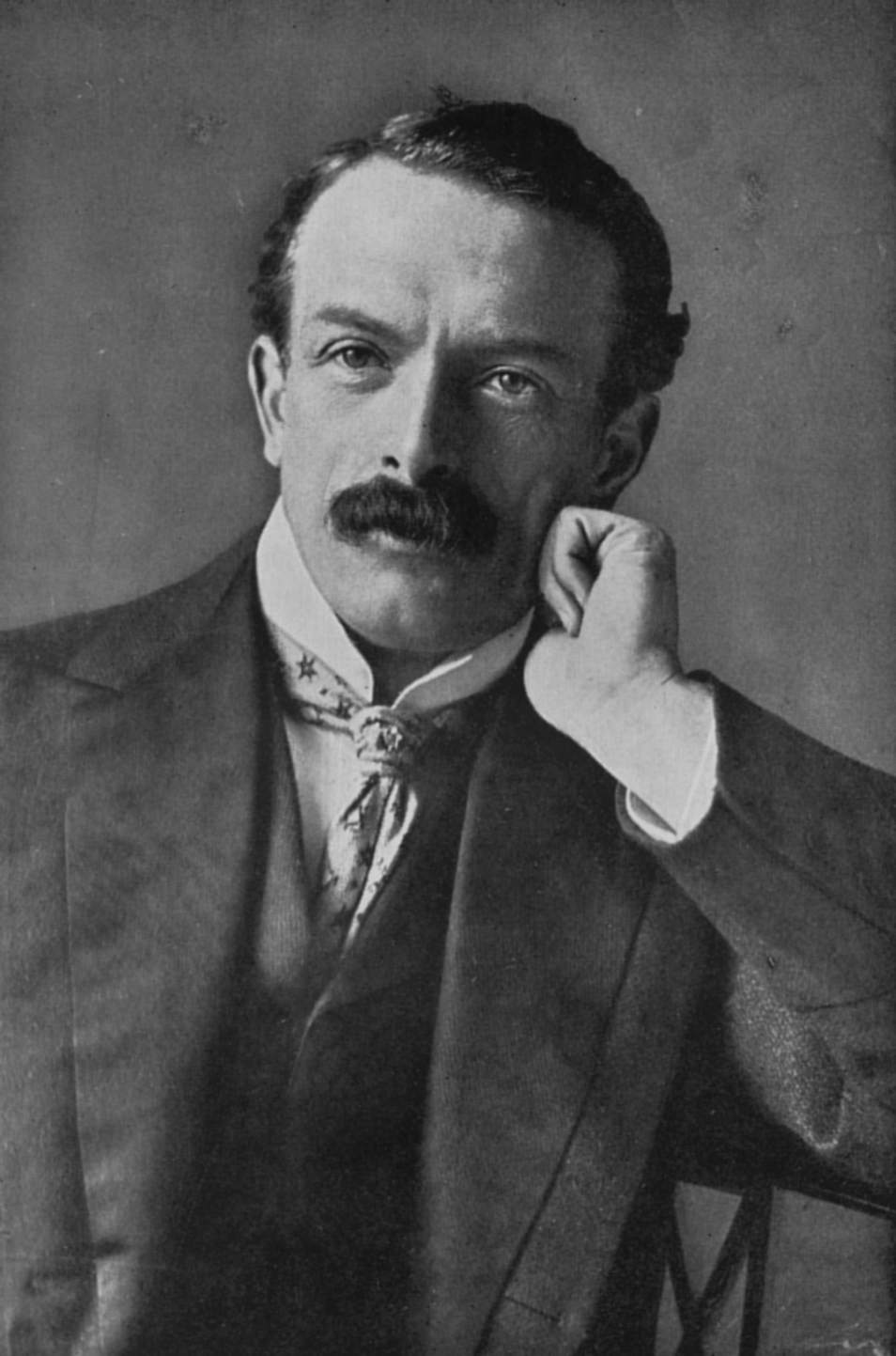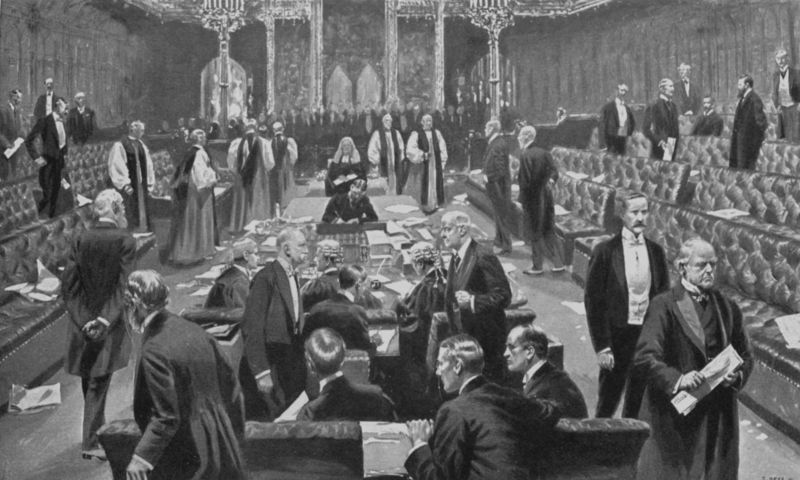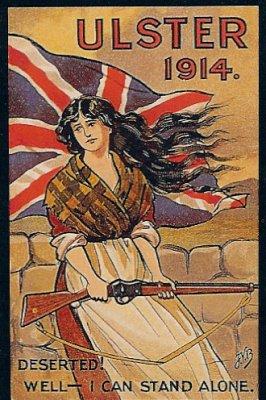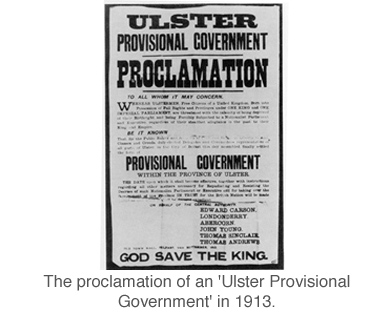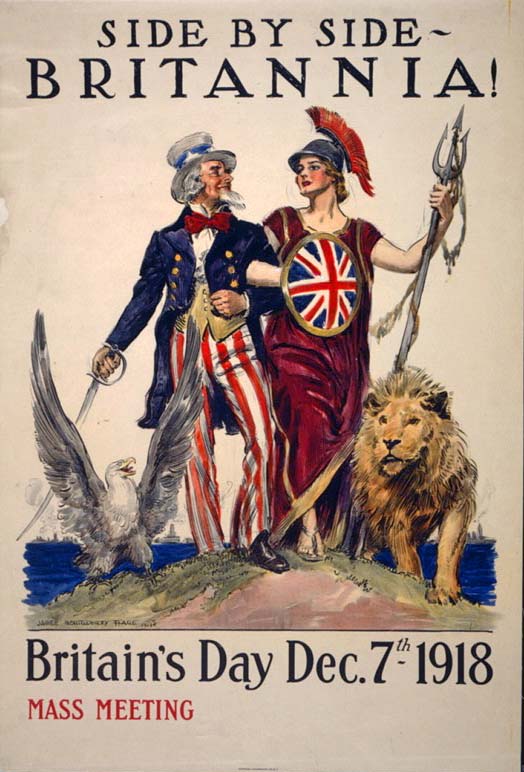Course:HIST317/Presentation
The British Empire in 1897
Introduction: Imperial Mindsets - Sam
Imperial Advertising
ENGLAND'S GIFT: A BLESSING TO ALL NATIONS
General Gordon's Last Stand
1885, George William Joy
Imperial Mindsets - Thomas
Empire and its articulation in the context of Nation and nationalism
Imperial Realities: Africa - Tristan
In Africa the practice of “Pax Britannica” was flawed from the get go. Many Britons saw themselves as “Reluctant Imperialists” in the region during this time; however, they were anything but. Compelled by economic growth, spreading “civilized society” and maintaining her role as the soul hegemonic power; Britain proved that it was looking out for its best interests abroad. The heavy handedness and arrogance that the British officials brought with them to Africa would be the cause of many tensions that would come about with its neighbours, most notably in the southern part of Africa.
Much like the other colonies in the empire, the Cape Colony had almost direct oversight on its operations from London. This constant oversight was not only on the colonies, but also on the other regions such as the Boer republics and Zulu lands which were rich in resources and opportunity for British investment and success.
One man who threw his full support behind British expansion northward in the African South was Cecil Rhodes. He and his British South Africa Company envisioned a railway from the Cape to Cairo. It would not only promote further trade overland connecting the colonies, but also be a further sign of British Imperial might in Africa in the name of “Pax Britannica”. One must find it interesting then at how the British colonizers and even domestic politicians felt about calling themselves so called “reluctant imperialists”. For the hope of indirect rule (as practiced in British North America, India and Australia) in Africa was altered so that it eventually became fully directed from London. The argument that the British were bringing in civil society is also a matter of debate seeing as how by brining Christianity it divided the indigenous peoples on ethnic and religious beliefs thus making it unlikely for them to rise up in unity against the British. Where as the other colonies were beginning to gain freedoms and Dominion status; Britain felt compelled to oversee the progress of the African colonies. Now while it may have been for security purposes that direct rule was the only way to hold these lands and peoples from the other European powers expanding into Africa, one cannot overlook at how the British Companies in Africa governed territories that they would eventually hand over to the British government.
One must find it interesting then at how the British colonizers and even domestic politicians felt about calling themselves so called “reluctant imperialists”. For the hope of indirect rule (as practiced in British North America, India and Australia) in Africa was altered so that it eventually became fully directed from London. The argument that the British were bringing in civil society is also a matter of debate seeing as how by brining Christianity it divided the indigenous peoples on ethnic and religious beliefs thus making it unlikely for them to rise up in unity against the British. Where as the other colonies were beginning to gain freedoms and Dominion status; Britain felt compelled to oversee the progress of the African colonies. Now while it may have been for security purposes that direct rule was the only way to hold these lands and peoples from the other European powers expanding into Africa, one cannot overlook at how the British Companies in Africa governed territories that they would eventually hand over to the British government after the “Scramble for Africa”.
The Imperial British East Africa Company was the administrator of British East Africa, which was the forerunner of the East Africa Protectorate, later Kenya. The Imperial British East Africa Company was a commercial association founded to develop African trade in the areas controlled by the British colonial power. Created after the Berlin Treaty of 1885, it was led by William Mackinnon and built upon his company's trading activities in the region, with the encouragement of the British government. Mombasa and its harbour were central to its operations. The company was incorporated in London on 18 April 1888, and granted a royal charter by Queen Victoria on 6 September 1888.
The administration of British East Africa was transferred to the Foreign Office on 1 July 1895, and in 1896 so was control of Uganda.
Cecil Rhodes’ enterprise in the British South Africa Company was much more imperialistic in its aims. Rhodes himself had always said he was willing to commit himself for the greater good of Britain. The company received a royal charter in 1889 and was modeled on the success of the British East India Company in hopes it would enable colonization and economic exploitation across much of south-central Africa, as part of the "Scramble for Africa". Rhodes and the white settlers who made up the company were often willing to at first accept the laws of the indigenous Africans but over time would establish their own laws based on their “superiority” backed up with modern weapons of war. The company recruited its own army, and attacked and defeated the Matabele and Shona north of the Limpopo river in what became known as the First Matabele War.
There were however other wars that would come in order to protect company trade or Imperial interests. The Most notable are: The Second Matabele War of 1893, The Four Ashanti Wars from 1863-1900, The Anglo-Zulu War of 1879, the First Anglo-Boer War 1880, the Egyptian Intervention of 1882, and the Second Anglo-Boer War of 1899.
Imperial Realities: Pax Britannica? - Alex
Genuine Beleif in the Civilizing Mission: The British Annexation of Lagos, 1851
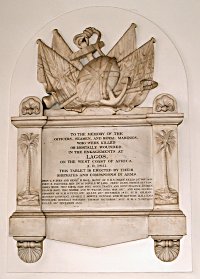
TO THE MEMORY OF THE OFFICERS, SEAMEN AND ROYAL MARINES WHO WERE KILLED OR MORTALLY WOUNDED IN THE ENGAGEMENTS AT LAGOS ON THE WEST COAST OF AFRICA AD 1851 THIS TABLET IS ERECTED BY THEIR SHIPMATES AND COMPANIONS IN ARMS
Monument Located in St Anne's Church in Portsmouth
- Consul John Beecroft - not Acting on direct instructions he bombarded the town when its ruler, Kosoko, refused to cease his trade in slaves
- Local Missionaries strongly influenced Beecroft by giving him moral support
- The bombardment was initially unsuccessful, as the warship managed to become beached in the course of the fighting. The inhabitants of the town were putting up a successful defense until the gunship scored a lucky hit on the town's magazine.
- The missionaries, based on the wild inaccuracy of the bombardment up until this point, viewed this event as evidence of God's providence, and therefore of divine support for their actions.[Hopkins, Antony G., "Property Rights and Empire Building: Britain's Annexation of Lagos, 1861" The Journal of Economic History, Vol. 40, No. 4. (Dec., 1980), pp. 777-798.]
Was Britain really a force for peace in the 19th Century?: The Arrow Incident and the Second Opium War
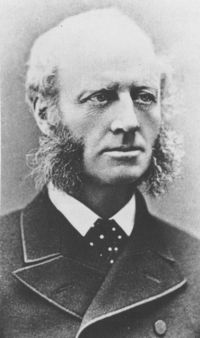
In October 1856 the Chinese seized the pirate ship Arrow. It had been registered as a British ship two years previously but was owned by a notorious Chinese pirate. The titular captain was British, and the crew was Chinese. It was intercepted in Chinese territorial waters by Chinese coastguards Flying the Union Jack. The flag was pulled down, the Chinese crew was arrested and the British captain was released. The British Consul at Canton, Harry Parkes, protested against this insult to the flag and demanded an apology. The Chinese Commissioner Ye Mingchen refused and it was discovered that the Arrow's registration as a British vessel expired three weeks before it was seized and therefore had no right to fly the flag or to be exempt from interception under international law. However, in disregard of international conventions, Parkes refused to back down, and protested that the Chinese did not know it was not a British ship at the time they accosted it. Parkes sent the Royal Navy to bombard Ye's palace and it was duly destroyed, along with a large part of the city and a large loss of life.
When news of this reached the British Cabinet, many Ministers thought that Parkes' action had been both legally and morally wrong, and the Attorney-General had no doubt that Parkes had acted in breach of international law. The Prime Minister, Lord Palmerston, however, backed Parkes. The government's policy was subsequently strongly attacked in the Commons on high moral grounds by Gladstone and others during a censure debate. On the fourth night of the debate (3 March 1857), Lord Palmerston attacked his critics and their position as being pervaded by "an anti-English feeling, an abnegation of all those ties which bind men to their country and to their fellow-countrymen, which I should hardly have expected from the lips of any member of this House. Everything that was English was wrong, and everything that was hostile to England was right."[ Ridley, Jasper, Lord Palmerston. Constable,1970, p. 467] Lord Palmerston went on to claim that if the motion of censure was carried it would signal that the House had voted to "abandon a large community of British subjects
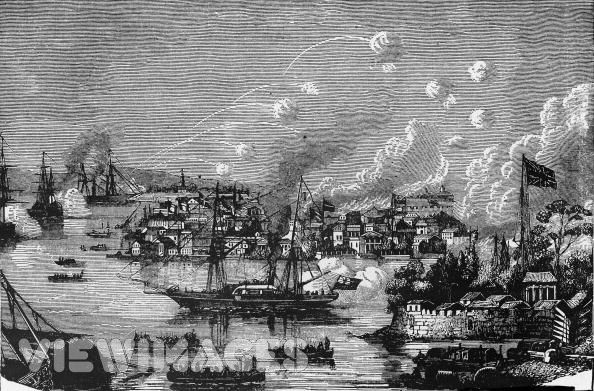
at the extreme end of the globe to a set of barbarians - a set of kidnapping, murdering, poisoning barbarians."[ibid] The censure motion was carried by a majority of sixteen and Lord Palmerston requested to the Queen that Parliament be dissolved for a general election, which it duly was. Palmerston's party won the ensuing election on platform of war with China, and proceeded to do just that after his victory, resulting in the Second Opium War.
.
Did Empire Bring Peace?: New Zealand 1860-1916

- Maori learnt too much from British 'civilization'?
- Their objection to British Rule was that it violated British Law. After several delegations to London to appeal directly to Victoria about the conduct of the Colonial Government the king movement began to militarily resist the forced sale of Maori land.
- According to the Maori language version of the treaty they signed establishing British rule in New Zealand their legal position was something akin to 'home rule.'
- The British translation, however, conceded all authority to the crown.
- At no point were the Maori fighting to be excluded from the British Empire. They merely felt that their legal rights were being abused by the colonial government, and fought to correct this.
- To counter the threat posed by the various Maori resistance movements, the British were forced to deploy an entire division to New Zealand. This may not seem like a large commitment until one takes into account the population of the colony at that point. It was equivalent to the deployment of 1,000,000 men to New Zealand today - a nation of 4,000,000.
- Between 1860 and 1916 there were eleven separate major military conflicts in New Zealand, and in none of these were the British able to conclusively defeat the Maori, although on several occasions they Maori were able to inflict decisive defeats on the British.
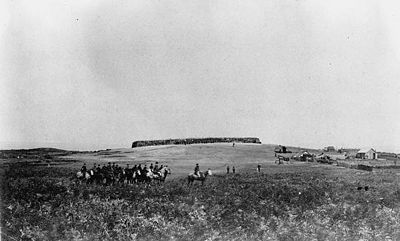
- Example: Gate Pa (1864)
- This fortification absorbed more explosives per square metre than the German trenches at the Somme during the week-long preparatory bombardment in 1916.
- Afterwards the Maori warriors were still able to inflict a decisive defeat on the British approaching to capture the Pa - 117 of the 300 troops committed to the assault were killed.
- The British consistently underestimated the Maori fighting abilities, and continually failed to learn the lessons of conflicts like this one.
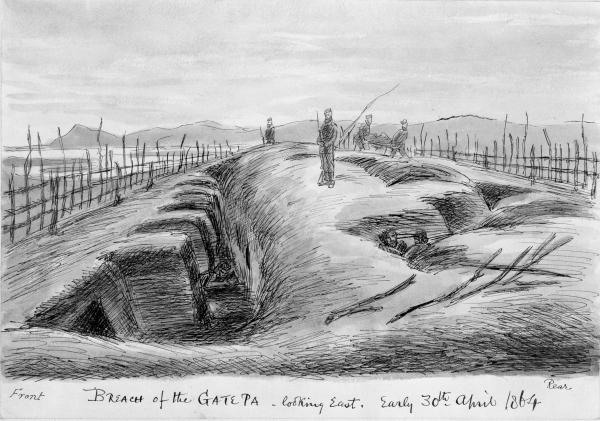
.
Decline of Empire - Chris
Three Crisis beginning our period of study
Social-internal - The Irish Great Famine
The Irish Famine killed an estimated 1 million between 1846-1851 and caused the population of Ireland to drop by roughly a quarter. Thus the Irish Famine radically altered the demography of the United Kingdom
Militarily-internal - The Rebellions of the 1850's
Throughout the decade, numerous insurrections against British rule sprang up throughout the Empire. Foremost among these is the Indian Mutiny of 1857
Militarily-external - The Crimean War
The Crimean war drew in all the great powers of Europe and needlessly cost many, many lives. The first instance of modern war, I would encougage the reader to think of it as a predecessor, if not mini, World War I. File:R22-10.jpg
For a list of wars from 1800 to 1900, click here: http://www.answers.com/topic/list-of-wars-1800-1899
For a rough transcript of Chris' presentation, click here
Conclusion - Decline of Empire - Mike
Parliament Act of 1911
Chancellor of the Exchequer David Lloyd George: - Introduces a budget that will effectively create a welfare state in Britain: designed to provide old age pensions, health insurance, unemployment compensation, employers' liability and labor exchanges.
- These programs required large expenditures at a time when taxpayers were already funding increased military spending to keep pace with the new German navy.
- Thus Lloyd George proposed a land tax, higher income taxes for the wealthy, and an increased tax on both liquor and tobacco
- Bill passed the House of Commons, where the Unionists were unable to defeat it, but was vetoed by the House of Lords, where the Unionists used their majority to undermine the programn.
- Asquith holds two general elections in order to obtain enough votes to pass the Parliament Act of 1911 which effectively removed the Lords veto power.
- By removing the last obstacle to the Irish Home Rule movement, this Act thus paved the way for the Third Irish Home Rule Bill to pass, which in itself represented a possible break up of the United Kingdom
- Thus the Parliament Act, and the accompanying Third Home Rule Bill, demonstrated the British governments acceptance that its Empire was declining and its attempts at dealing with the dissolution of the Empire peacefully.
The Ulster Rebellion
Represented mainly by the Ulster Unionist Party and backed up by the Orange Order they established in January 1913 the Ulster Volunteer Force, with 50,000 members who threatened to resist by physical force the implementation of the Act and to resist the authority of any restored Dublin Parliament by force of arms, hundreds of thousands of Unionists having previously signed the Ulster Covenant in 1912, drafted by Edward Carson.
The main issue of contention during the parliamentary debates was the "coercion of Ulster" and whether or not some counties of Ulster should be excluded from the provisions of Home Rule, Irish Party leaders John Dillon and Joseph Devlin contending "no concessions for Ulster, Ulster will have to follow"
--> Members of the British Army refused to take action against Ulster Unionist in the event that they would take violent action to prevent the break of the Union.
--> This demonstrates the fact that although the government was beginning to accept the decline of the empire, the mentality of empire was so entrenched in the mindset of people that there were those who would use any means necessary, including violence, to maintain the empire. This fact would be demonstrated later in the twentieth century, but as a whole the British Empire would dissolve much more peacefully then others, such as the French (ie Algeria and Vietnam) and Belgium (ie the Congo)
The Torch Is Passed
Keywords
Civilizing Mission - Many, if not most, British people during this period firmly believed, often in the face of contradictory evidence, that they were engaged in the process of 'civilizing' the globe, and helping backward peoples to enter the modern world. They did this through the imposition of British values and institutions onto the conquered societies.
Home Rule - Home Rule is the desire for the creation of a national parliament and Dominion status within the British Empire. Home Rule can be granted through legislation passed by the British Parliament. Home Rule may also be repealed through similar parliamentary procedure. During the mid to late 19th century, many nations within Britain began seeking Home Rule. Although these nations would remain under Britain, the British Parliament lost the ability to control various aspects of the new Dominion and thus Home Rule maybe viewed as diminishing Empire. In fact, the House of Lords primary objection to Home Rule bills was the possibility of other regions following in Ireland's steps and the dissolution of the Empire
'Jingoism' = Jingoism is defined in the Oxford English Dictionary as "extreme patriotism in the form of aggressive foreign policy".In practice, it refers to sections of the general public who advocate the use of threats or of actual force against other countries in order to safeguard what they perceive as their country's national interests. This term was coined around the turn of the century and is closely associated with Theodore Roosevelt. British example, associated with the music halls of Boer war period, esp.
Policies of destabilization: This was one of Britain's colonial and international policies for dealing with the indigenous inhabitants of areas of British interest. The idea was to destabilize local politics by playing off one faction against another, keeping antagonism between the two high, in order to minimize antagonism towards the British, and also to prevent them from uniting against the British.
‘Scramble for Africa’: The term refers to the rapid expansion of European control in Africa which lasted from the 1880s until the First World War. Until this time the area of African territory under direct control had been relatively small, but new developments forced a change in imperialist policy. These developments included intensifying Anglo-French competition, the emergence of the new imperialist states of Germany, Italy and Belgium and the decreasing influence of the Ottoman Empire. Precise territorial divisions were negotiated at the Berlin Conference of 1884-85. These were of course designed to further the various parties’ ambitions and did not reflect cultural or ethnic groupings. By 1914, only Ethiopia and Liberia remained independent, and even these experienced considerable outside interference.
Reluctant Imperialists: The preference of the British government was for an informal empire, because this minimised obligations and maximised profits. However, this system was vulnerable to attack and interference by outside elements, and direct involvement of soldiers and administration was required to preserve influence. Many annexations were motivated by an area’s proximity to a valuable possession or appeals from British merchants, in order to create a buffer zone. This process was costly and distracting to the government, and they were reluctant to pursue it. Of course, a positive interpretation of this reluctance developed, and this is exemplified in the phrase ‘to take up the white man’s burden’. This implied that expansion was motivated by a kind of self-sacrificing, paternalistic benevolence, rather than simple self-interest.
Useful Texts
Belich, James. Making Peoples. Auckland:Penguin, 1996.
Ferguson, Niall. The Pity of War. New York: Basic Books, 2000.
Jackson, Alvin. Home Rule: An Irish History. London: Weidenfeld and Nicolson, 2003.
Hopkins, Antony G., "Property Rights and Empire Building: Britain's Annexation of Lagos, 1861" The Journal of Economic History, Vol. 40, No. 4. (Dec., 1980), pp. 777-798.
Lawrence J. McCaffrey The Irish Question: Two Centuries of Conflict (New York: The University Press of Kentucky, 1995)
McHugh P.G., "Tales of Constitutional Origin and Crown Sovereignty in New Zealand" in The University of Toronto Law Journal, Vol. 52, No. 1, (Winter, 2002), pp. 69-99.
Krishan Kumar, The Making of English National Identity, 2003, Cambridge University Press
